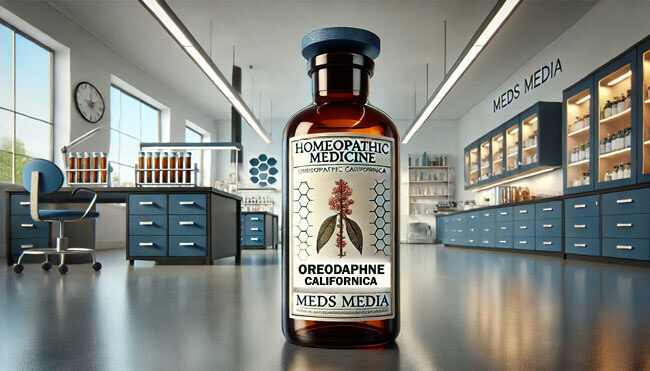SPIGELIA ANTHELMIA ( SPIG ) Homeopathic Uses & Treatment Insights
Spigelia is highly regarded in the treatment of pericarditis and other heart conditions due to the precision of its clinical trials, which emphasized both objective and subjective symptoms. These symptoms have been consistently validated through numerous cases (C. Hering).
This remedy demonstrates a strong affinity for the eyes, heart, and nervous system, with significant effects on the fifth cranial nerve, particularly in cases of neuralgia. It is especially suitable for patients who are anemic, debilitated, rheumatic, or scrofulous. Spigelia is characterized by stabbing pains, sensitivity to touch, and a tendency for the affected parts to feel cold, often causing shivers throughout the body. It is also valuable in addressing symptoms related to worm infestations, particularly in children who indicate the navel as the primary source of pain (Granat; Nux mosch).
Key Symptoms Addressed by Spigelia Anthelmia
- Neuralgia (Nerve Pain)
- Materia Medica Insight: Spigelia is highly effective in treating neuralgia, especially when it affects the fifth cranial nerve. The pain is often characterized as stabbing, tearing, or shooting, with a tendency to radiate from the temples to the eyes. This neuralgic pain is usually worse on the left side and can be triggered or aggravated by touch, movement, or even minor vibrations. Spigelia’s role in managing nerve pain is unmatched, providing relief to those suffering from intense, throbbing headaches and facial pain.
- Heart Conditions (Pericarditis, Palpitations, and Angina)
- Materia Medica Insight: Spigelia is a significant remedy for heart ailments, particularly pericarditis and conditions involving violent palpitations. It is especially beneficial for patients who experience sharp, stabbing pains in the chest, extending to the left arm, with associated breathlessness and a need to lie on the right side with the head elevated. Spigelia also addresses symptoms of angina pectoris, where there is severe chest pain often accompanied by a weak, irregular pulse. The remedy’s action on the heart is gentle yet powerful, providing relief from discomfort and restoring balance to the circulatory system.
- Eye Disorders (Ciliary Neuralgia, Rheumatic Ophthalmia)
- Materia Medica Insight: Spigelia is indispensable in treating eye conditions characterized by severe pain and discomfort. The remedy is particularly useful for ciliary neuralgia, a condition where the pain is felt deep in the eye socket and extends around the eyes. Patients may experience a sensation of the eyes being too large, with pressive pain that worsens upon turning the eyes. Spigelia also proves effective in cases of rheumatic ophthalmia, where there is intense photophobia and a need for relief from the irritation and pain.
- Gastrointestinal Disorders (Worm Infestations)
- Materia Medica Insight: In cases of gastrointestinal distress caused by worm infestations, Spigelia offers significant relief. Children who suffer from abdominal pain, particularly around the navel, may benefit greatly from this remedy. The pain is often described as sharp or stabbing, and the child may indicate the navel as the primary site of discomfort. Spigelia’s ability to address worm-related symptoms makes it an essential remedy in pediatric care.
- Headaches (Frontal and Temporal Pain)
- Materia Medica Insight: Spigelia is particularly beneficial for individuals suffering from intense headaches that are localized beneath the frontal eminence and temples. The pain may extend to the eyes and is often accompanied by a throbbing sensation. These headaches are typically semi-lateral, affecting the left side more prominently, and are aggravated by movements such as making a false step. The characteristic sensation of a band around the head further distinguishes the headaches treated by Spigelia.
- Respiratory Disorders (Chronic Catarrh, Post-Nasal Drip)
- Materia Medica Insight: Spigelia is an excellent remedy for chronic nasal conditions, including catarrh with post-nasal drip. Patients often describe a dry sensation at the forepart of the nose, with a constant discharge through the posterior nares. This remedy effectively alleviates the discomfort associated with persistent nasal blockages and mucus build-up, providing a clear pathway for breathing.
- Dental Issues (Tearing Toothache)
- Materia Medica Insight: Spigelia is useful for patients experiencing severe toothache, especially when the pain is aggravated by eating or exposure to cold. The toothache is typically described as tearing and is often accompanied by a foul odor from the mouth and an offensive taste. This remedy offers relief from the intense discomfort associated with dental pain, helping to restore oral health.
- Musculoskeletal Disorders (Rheumatic Pain)
- Materia Medica Insight: Spigelia is highly effective in treating musculoskeletal pain, particularly in cases of rheumatic carditis. Patients may experience a trembling pulse, with soreness across the entire left side of the body. The remedy also addresses the sensation of stiffness and pain that worsens with movement, providing much-needed relief to those suffering from rheumatic conditions.
- Fever (Chilliness with Movement)
- Materia Medica Insight: Spigelia is also noted for its effectiveness in treating fever, particularly when chilliness is triggered by the slightest movement. This symptom is often accompanied by general discomfort and a heightened sensitivity to cold. The remedy helps in reducing these chills and brings about a sense of warmth and comfort, aiding the body in its fight against fever.
Relationship with Other Remedies
In homeopathy, understanding the relationship between remedies can enhance treatment effectiveness. Spigelia Anthelmia is often compared to several other remedies due to their overlapping symptoms and therapeutic properties.
- Spigelia Marylandica: Known for its effects on the nervous system, it is associated with symptoms like maniacal excitement, paroxysmal laughing and crying, loud and disconnected talking, vertigo, dilated pupils, and congestion.
- Aconite: Useful in acute conditions and sudden onset symptoms, especially those related to fear and anxiety.
- Cactus Grandiflorus: Similar in treating heart-related issues, particularly when there is a sensation of constriction.
- Cimicifuga: Effective in treating rheumatic and nervous conditions.
- Arnica: Notably, Spigelia is considered a chronic remedy for conditions where Arnica is indicated, especially in managing pain and trauma.
- Cinnabaris: Known for supra-orbital pain, a symptom also addressed by Spigelia.
- Naja: Often used in heart conditions and similar in addressing sharp, stabbing chest pains.
- Spongia: Effective for heart conditions, especially where there is a sensation of dryness in the chest.
- Sabadilla: Used for neuralgic and rheumatic conditions, particularly where there is a sensation of cold.
- Teucrium: Another remedy for worm-related symptoms, similar to Spigelia.
- Cina: Commonly used for worm infestations and associated gastrointestinal symptoms.
Antidote
- Pulsatilla: Pulsatilla is considered an antidote to Spigelia, particularly in cases where the symptoms of the remedy need to be counteracted or neutralized.
Dosage and Modalities
- Neuralgic Symptoms: For nerve pain, the sixth to thirtieth potency is recommended.
- Inflammatory Symptoms: For inflammation, such as in heart conditions, the second to third potency is most effective.
- Modalities: Symptoms are typically worse from touch, motion, noise, turning, washing, and concussion. Patients often find relief by lying on their right side with their head elevated and focusing on deep breathing.
Select Your Homeopathic Medicine Dose and Potency
Potency Selection Guide
Relationship of Remedies
Why our homeopathy guides are different
We break down classical homeopathic ideas, remedy personalities, and prescribing tips into clear explanations so students and patients can follow along without jargon.
This homeopathy site is for study and education only. For any health concern, always work with a qualified doctor or registered homeopathic practitioner.
Similar Posts You may also like

NITRO MURIATICUM ACIDUM HOMEOPATHIC MATERIA MEDICA | Uses, Symptoms & Benefits Guide
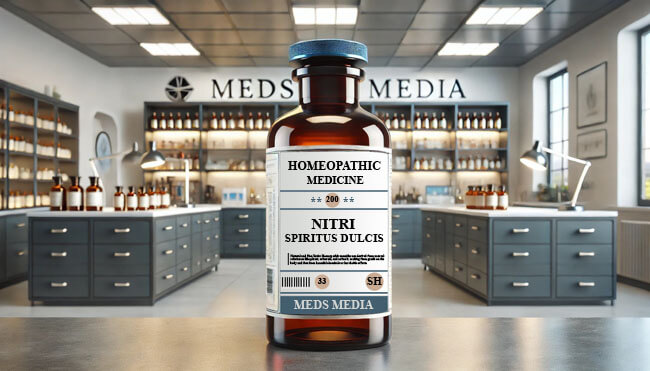
NITRI SPIRITUS DULCIS HOMEOPATHIC MATERIA MEDICA | Uses, Symptoms & Benefits Guide
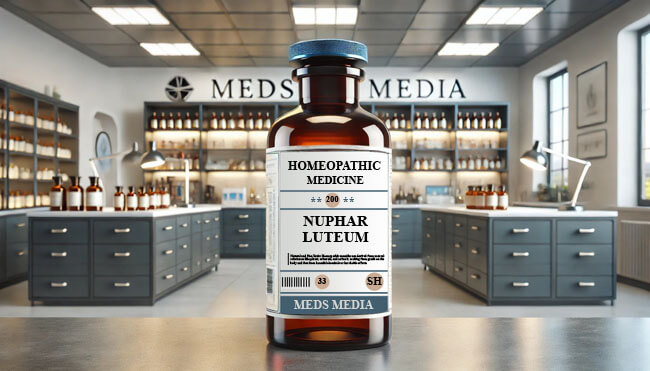
NUPHAR LUTEUM HOMEOPATHIC MATERIA MEDICA | Uses, Symptoms & Benefits Guide
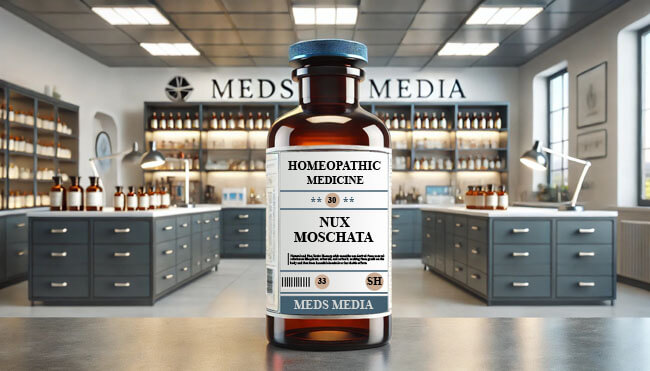
NUX MOSCHATA HOMEOPATHIC MATERIA MEDICA | Uses, Symptoms & Benefits Guide
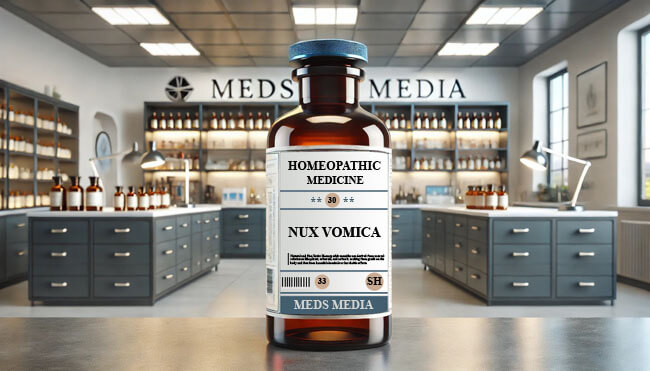
NUX VOMICA HOMEOPATHIC MATERIA MEDICA | Uses, Symptoms & Benefits Guide
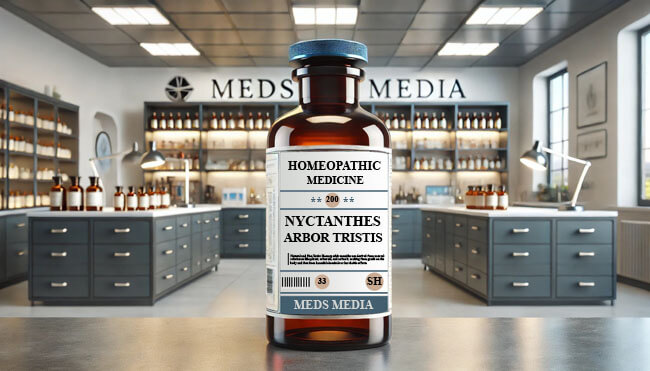
NYCTANTHES ARBOR TRISTIS HOMEOPATHIC MATERIA MEDICA | Uses, Symptoms & Benefits Guide
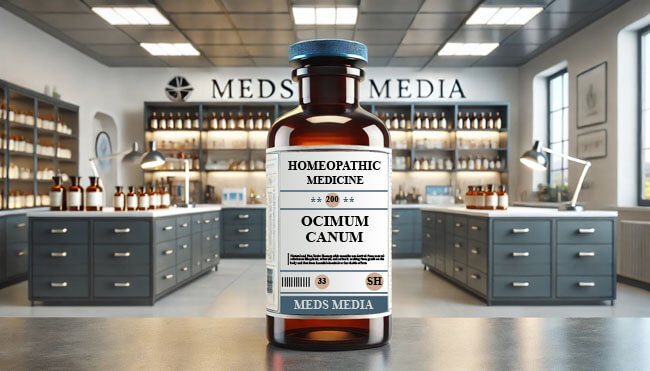
OCIMUM CANUM HOMEOPATHIC MATERIA MEDICA | Uses, Symptoms & Benefits Guide
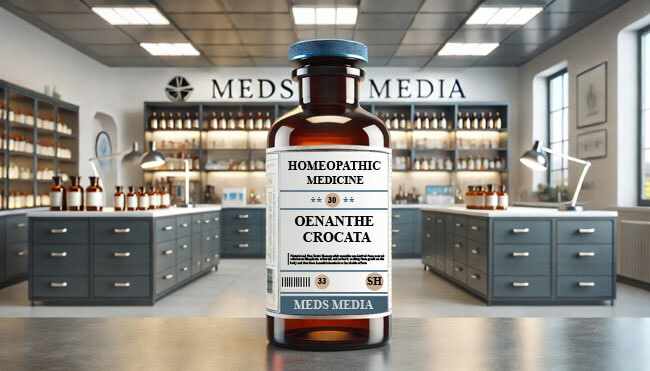
OENANTHE CROCATA HOMEOPATHIC MATERIA MEDICA | Uses, Symptoms & Benefits Guide
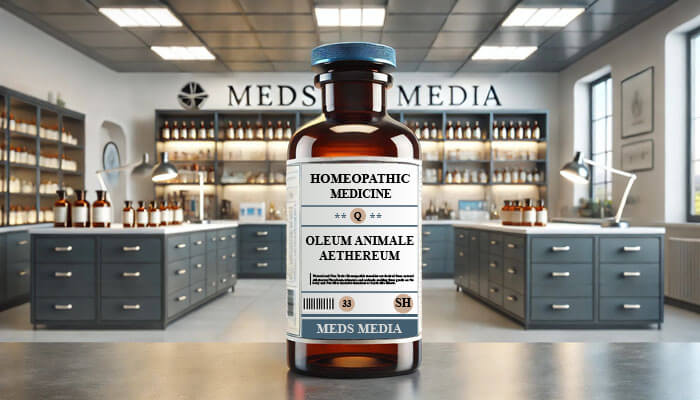
OLEUM ANIMALE AETHEREUM: HOMEOPATHIC MATERIA MEDICA – Symptoms Guide
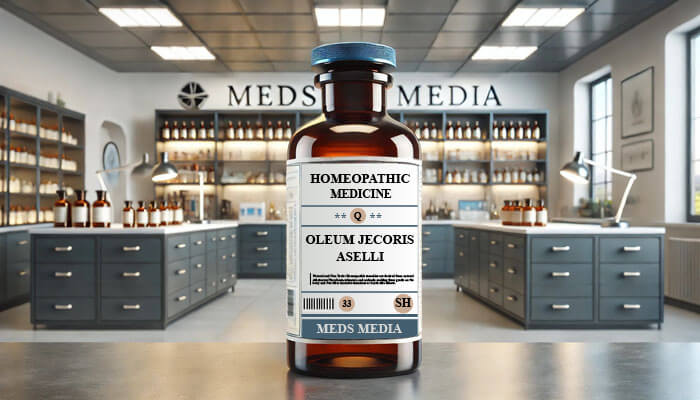
OLEUM JECORIS ASELLI: HOMEOPATHIC MATERIA MEDICA – Symptoms Guide
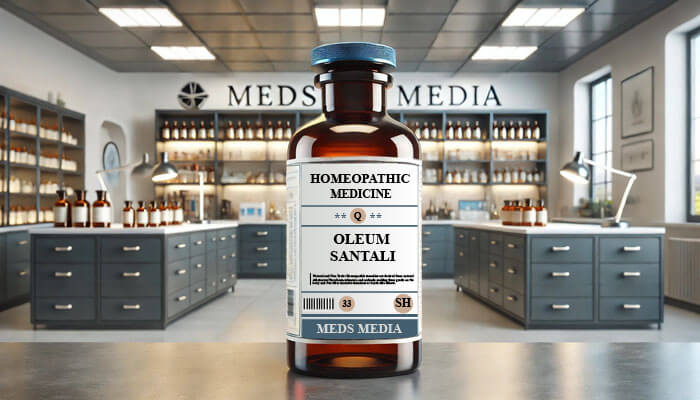
OLEUM SANTALI: HOMEOPATHIC MATERIA MEDICA – Symptoms Guide
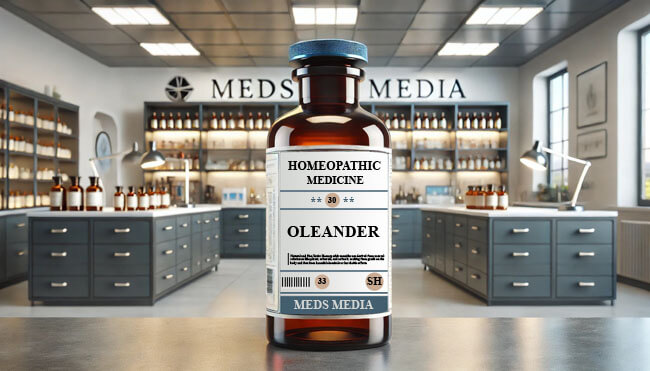
OLEANDER: HOMEOPATHIC MATERIA MEDICA – Symptoms Guide
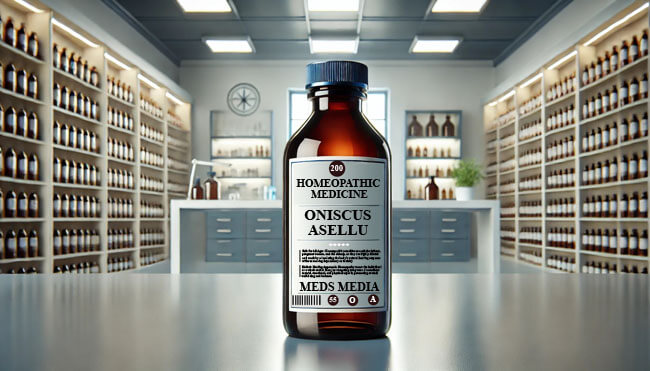
ONISCUS ASELLU: HOMEOPATHIC MATERIA MEDICA – Symptoms Guide

ONOSMODIUM VIRGINIANUM: HOMEOPATHIC MATERIA MEDICA – Symptoms Guide
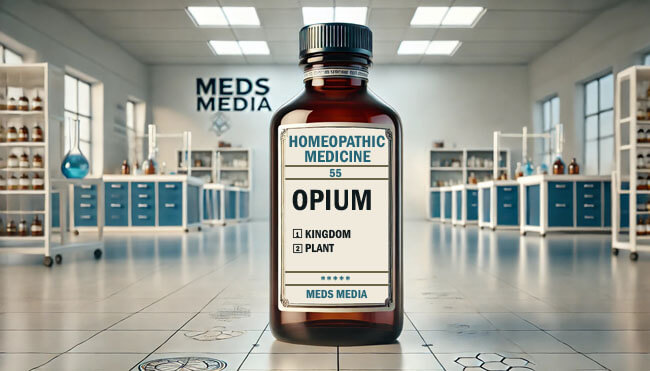
OPIUM: HOMEOPATHIC MATERIA MEDICA – Symptoms Guide
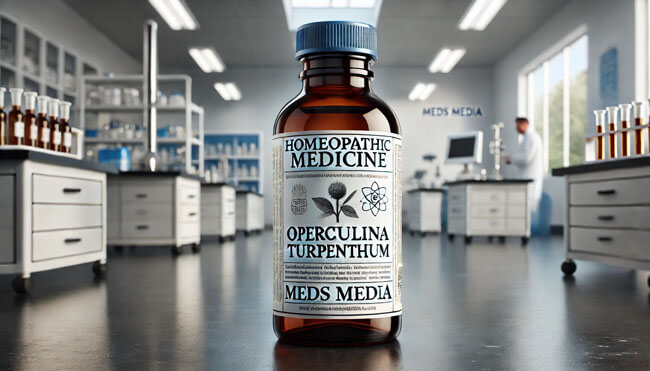
OPERCULINA TURPENTHUM: HOMEOPATHIC MATERIA MEDICA – Symptoms Guide

OPUNTIA FICUS: HOMEOPATHIC MATERIA MEDICA – Symptoms Guide
